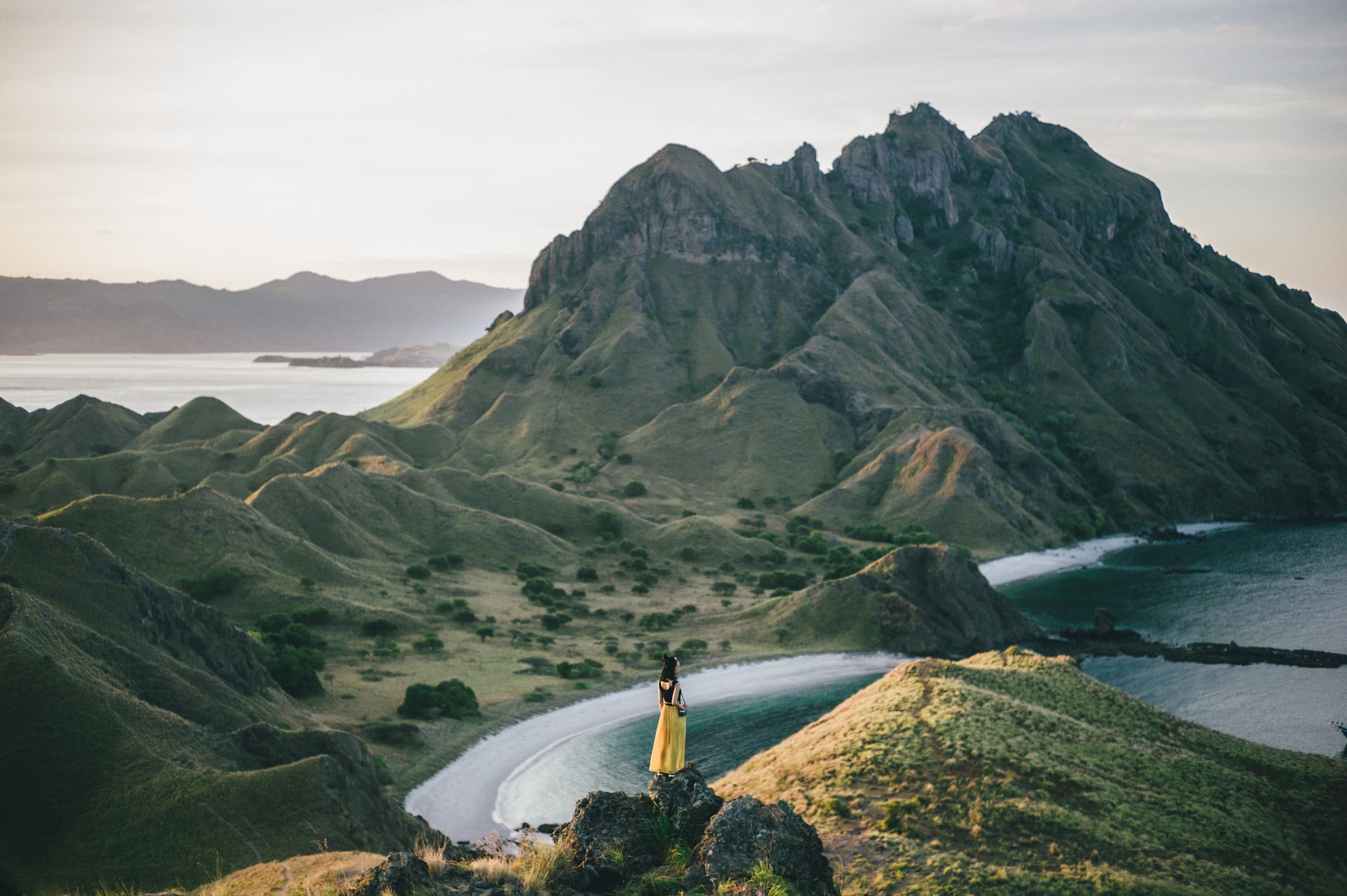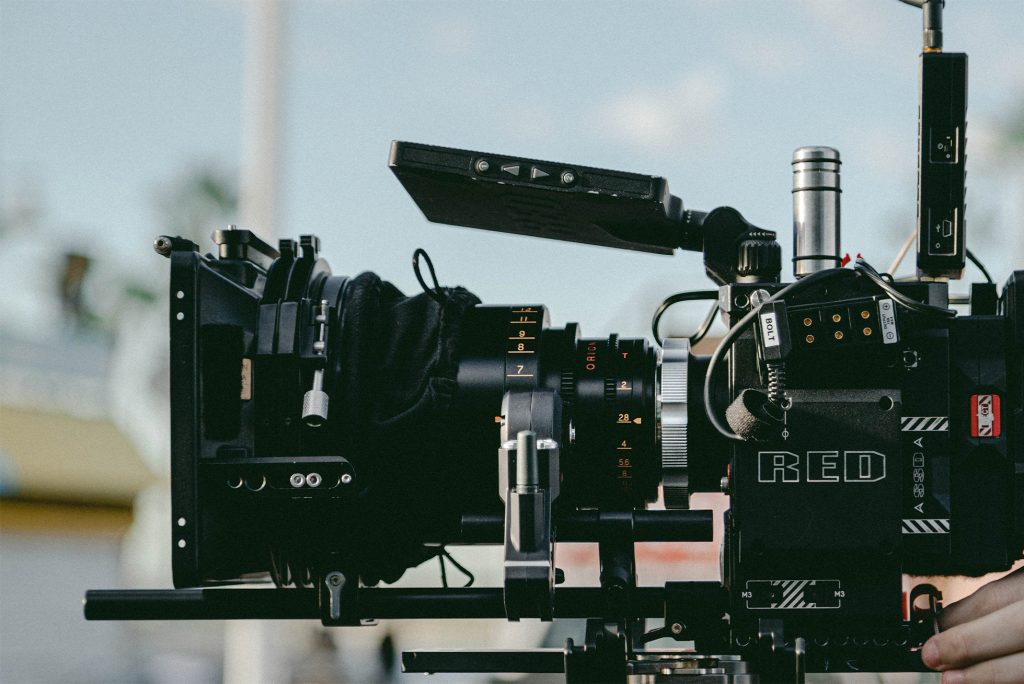
Filming in Indonesia
Finding a fixer
in Indonesia
Filming in Indonesia involves specific considerations. Visa requirements can be intricate; standard tourist visas may not cover professional filmmaking. For smooth film permits, engaging a local fixer in Indonesia is advisable. Although specialized equipment is available for rent, bringing essential gear is wise, particularly in remote areas.
Interactions with locals are generally warm, but cultural sensitivity is vital. Indonesia’s tropical climate can be unpredictable. Daylight hours remain consistent year-round. There are no significant tax rebates for foreign filmmakers.
Cultural facts
Film permits in Indonesia are not the only rules to be mindful of; cultural nuances matter too. When dealing with locals, it is customary to greet with a slight bow or a nod, while a handshake is generally reserved for formal occasions. Avoid using your left hand for gestures or passing objects, as it is considered impolite. Indonesians appreciate modest dress, so it is advisable to cover shoulders and knees when in public spaces. Additionally, it is polite to remove your shoes before entering someone’s home.
Weather when filming in Indonesia
When filming in Indonesia, understanding the weather and daylight is crucial. Indonesia’s tropical climate means it is generally warm and humid throughout the year. The country experiences two distinct seasons: the dry season from May to September and the wet season from October to April. Daylight remains relatively consistent year-round, with around 12 hours of daylight per day, providing ample time for shooting. However, be prepared for some rain during the wet season.
Tax rebate in Indonesia
Filmmakers in Indonesia should note that there’s currently no significant tax rebate for foreign productions. However, tax incentives may be available for locally co-produced films. To explore these options and navigate the Indonesian tax system, it is advisable to collaborate with our knowledgeable fixer in Indonesia who can provide guidance and ensure compliance. As for the cost of living, it varies across regions, with major cities like Jakarta and Bali being relatively more expensive.
Filming in Indonesia
Ensure you have the right visa for professional filming in Indonesia as requirements can be complex. For film permits, liaise with local authorities, and consider working with our experienced fixer in Indonesia to expedite the process. While renting equipment is feasible, importing specialized gear may be necessary; consult with your fixer for guidance.
Indonesians are generally warm and polite, but cultural sensitivity is key. Dress modestly, greet with nods or slight bows, and avoid using the left hand for gestures. The tropical climate means warm, humid conditions, with about 12 hours of daylight for shooting.
Remember, there are no significant tax rebates for foreign filmmakers. With Indonesia Fixer’s expertise, we streamline your journey, ensuring a smooth and compliant production.



